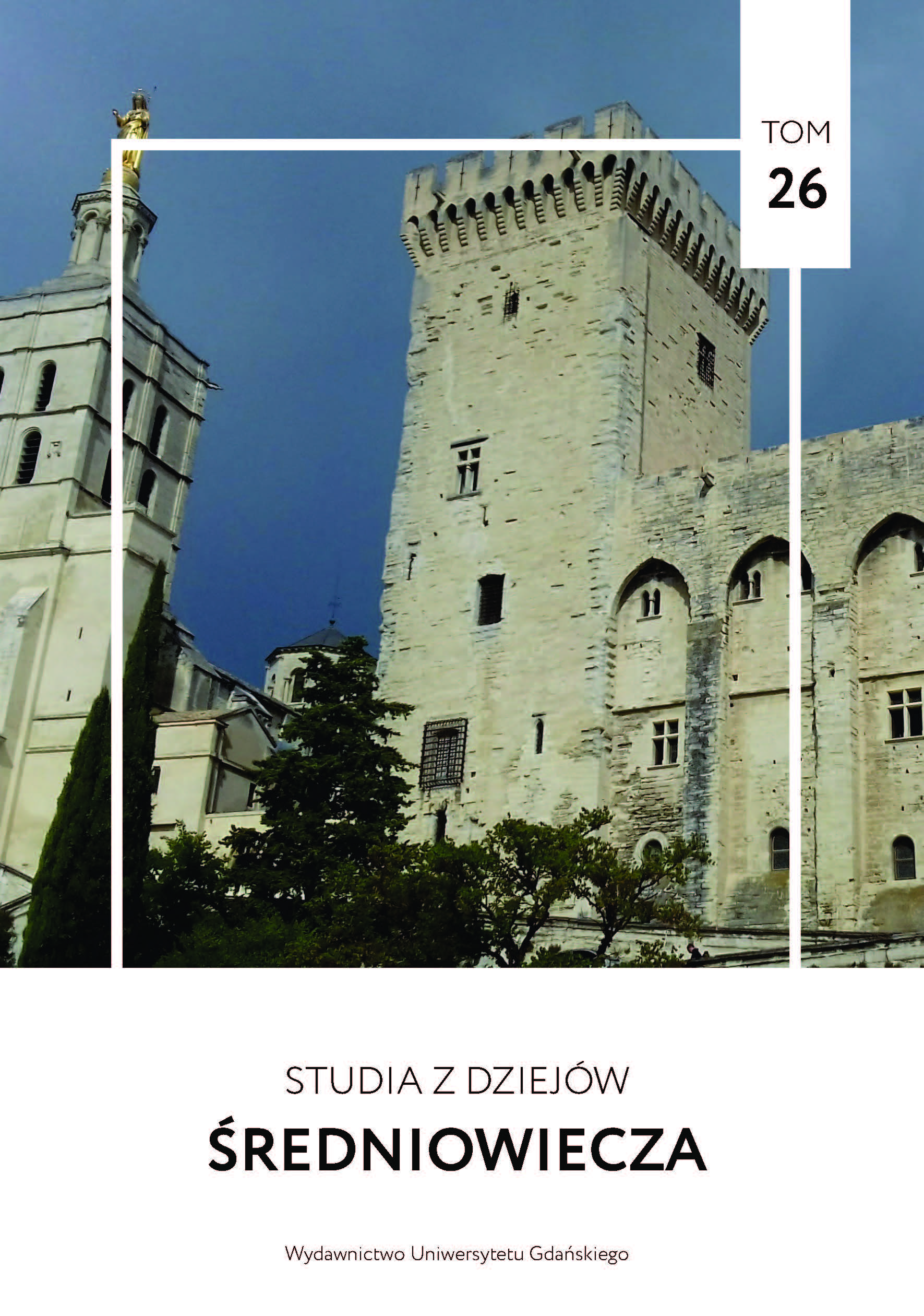A model for chivalry or the abode of heresy? The Teutonic Order in the writings
of Philippe de Mézières
and Paweł Włodkowic
A model for chivalry or the abode of heresy? The Teutonic Order in the writings
of Philippe de Mézières
and Paweł Włodkowic
Author(s): Loïc CholletSubject(s): Political history, Social history, 13th to 14th Centuries
Published by: Wydawnictwo Uniwersytetu Jagiellońskiego
Keywords: International relationships; chivalric ethos; Baltic crusades; Teutonic Order; military orders; Poland; Lithuania; confrontation with nonbelievers;
Summary/Abstract: Despite the fact that the Baltic Crusades were one of the most active crusading fronts in the late Middle Ages, they were also criticized. This article attempts to compare the critical opinions formulated by the French knight and poet Philippe de Mézières and the Polish lawyer and clergyman Paweł Włodkowic. Each of them used the image of the Teutonic expeditions to Lithuania (so-called raids) for their own purposes. While Mézières moralized about chivalry, Włodkowic had to defend Poland's rights in the theological and legal dispute at the Council of Constance. However, both agreed that the crusades should only serve legitimate purposes, namely the defense of Christianity and the recovery of the Holy Land, and therefore included in their writings a critique of what they considered the "evil crusades". For Philippe de Mézières, the typical "evil crusader" was a secular nobleman who sought vain glory and did not care about God. The French writer focused his criticism on Western European knights and volunteer guests taking part in raids, but he imagined the Teutonic Order itself as a pious and chivalrous institution, therefore worthy of imitation. De Mézières created such a positive image of the order in his works because for him it was a model of an ideal knightly order. Therefore, his criticism focused exclusively on the knights who came to Prussia to take part in expeditions to Lithuania.Paweł Włodkowic, on the other hand, does not condemn participation in raids as vain glory, but sees them as an aggressive and unjust war. For him, foreign crusaders attracted by Teutonic propaganda are not responsible for the Crusades, but the Order itself is to blame.
Journal: Studia z Dziejów Średniowiecza
- Issue Year: 2023
- Issue No: 26
- Page Range: 42-60
- Page Count: 19
- Language: English

